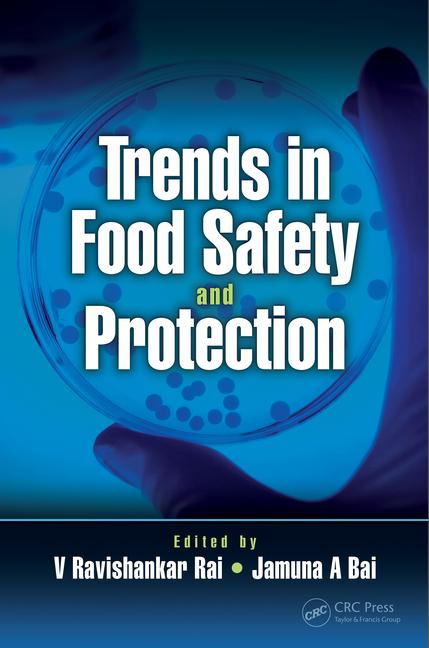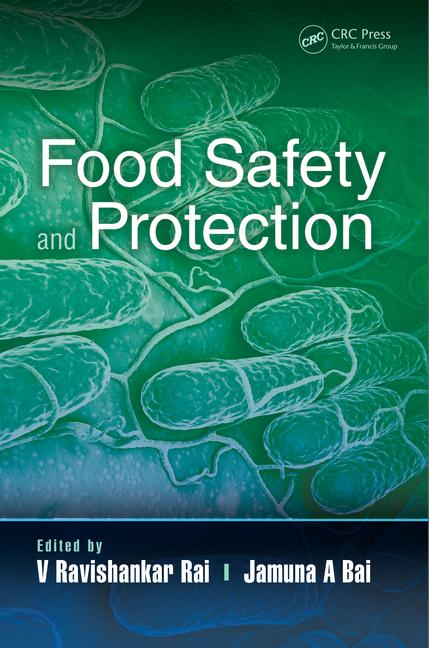EU Foodborne Outbreak System Reports Fewer Urgent Inquiries in 2020

In 2020, a system used by European countries to report outbreaks saw the number of requests fall, as compared to the year before.
The European Centre for Disease Prevention and Control (ECDC) created the Epidemic Intelligence Information System for food and waterborne diseases (EPIS-FWD) platform, which includes urgent inquiries.
Urgent inquiries are launched by countries or the ECDC to assess the potential multi-country aspect of national foodborne illness events.
In 2020, 72 urgent inquiries were filed, compared to 88 in 2019, which was the highest number since platform launch. This past year, alerts were noted from 16 of 52 countries in the network and one on vibriosis was started by ECDC. Almost half of the alerts were due to Salmonella.
Most of the alerts related to salmonellosis, listeriosis, Shiga toxin-producing Escherichia coli infection, hepatitis A, shigellosis, campylobacteriosis, yersiniosis, botulism, norovirus, psittacosis, tick-borne encephalitis virus, and vibriosis. On average, 10 countries replied to each alert.
During the first weeks of COVID-19, there was a reduction in detection and response to food and waterborne outbreaks, but the number of incidents being monitored increased during summer and autumn. In 2020, the main activity of the agency became supporting the European COVID-19 response, which consumed most of its time and resources.
A six-month inquiry into the performance of ECDC during the pandemic by the European Ombudsman found lacking transparency practices and a need to improve data received by national authorities.
EPIS will soon be replaced by an Event and Threat Management System, a new tool for detecting and managing events and threats.
Source: Food Safety News
Looking for a reprint of this article?
From high-res PDFs to custom plaques, order your copy today!








